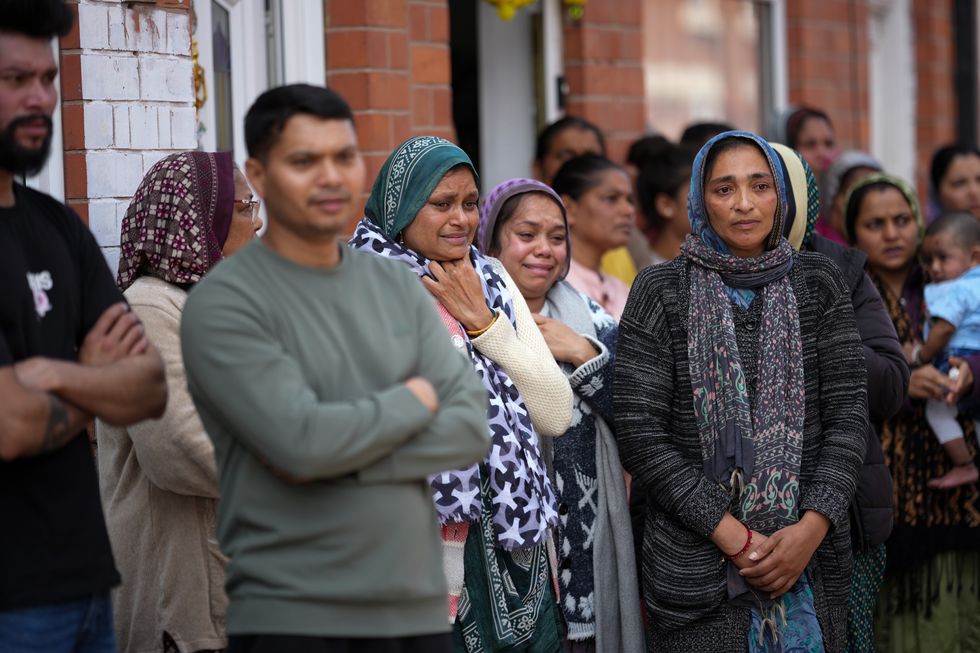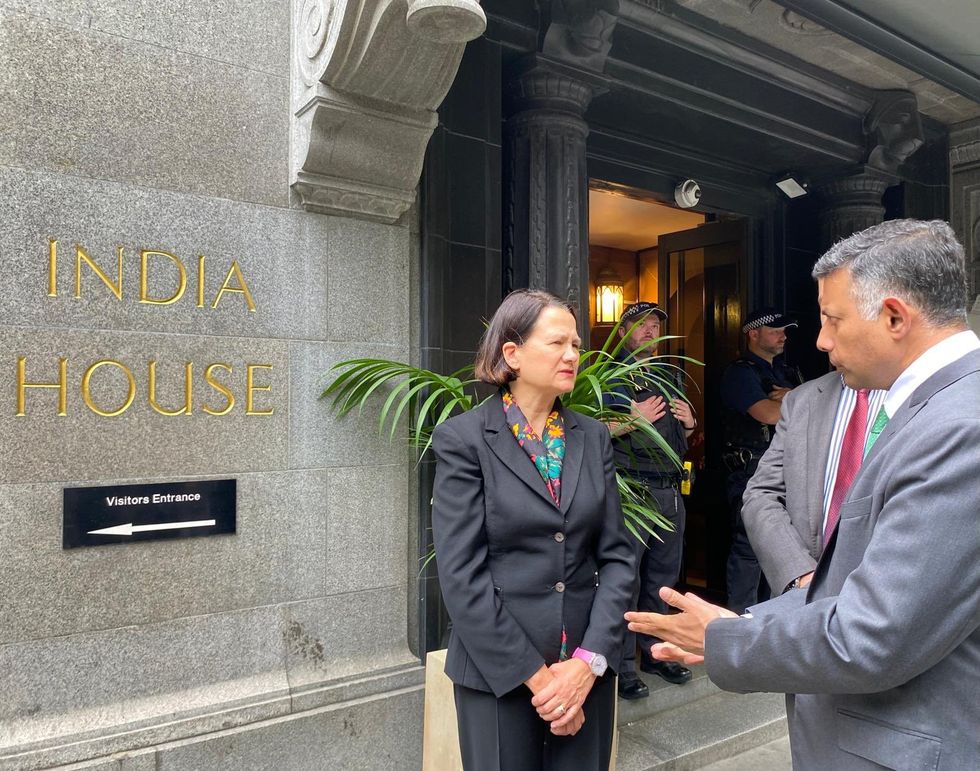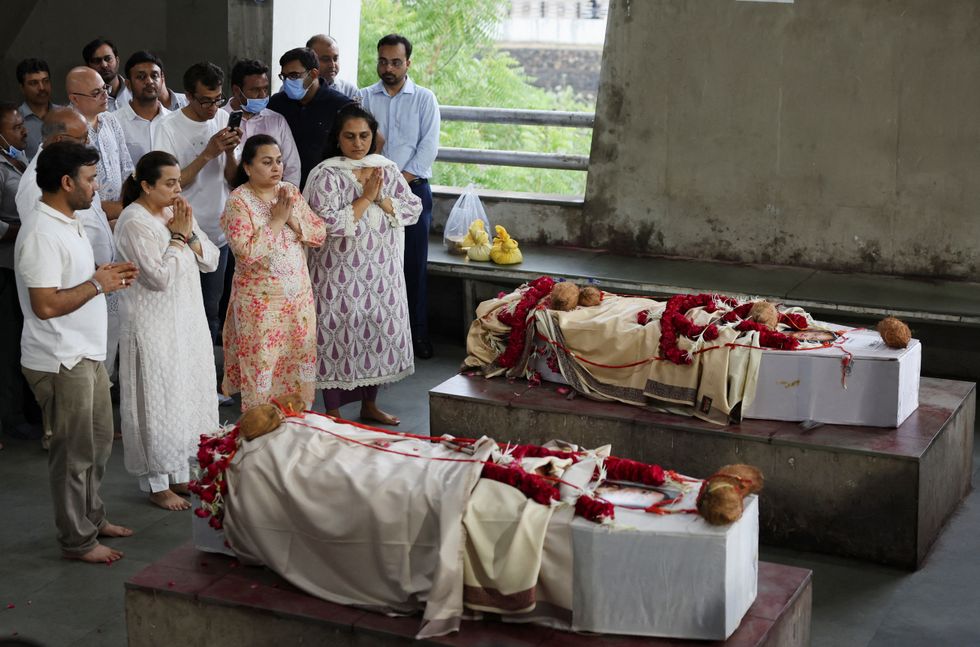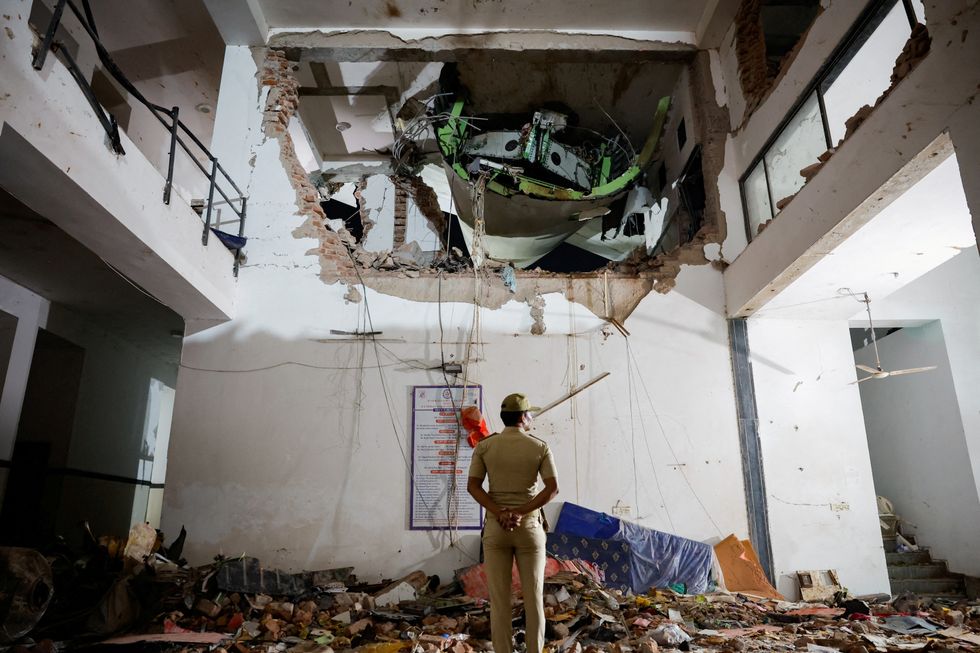AT LEAST 190 victims of last week's Air India plane crash in Ahmedabad have been identified through DNA tests, and 159 bodies, including 32 foreign nationals, have been handed over to their families, officials said on Wednesday.
The London-bound Air India flight AI-171, carrying 242 passengers and crew members, crashed in Ahmedabad on June 12. All but one on board died, along with nearly 29 people on the ground, when the aircraft struck a medical complex.
Authorities are using DNA tests to identify the victims, as many bodies were charred or damaged.
“Till Wednesday morning, 190 DNA samples have been matched, and 159 bodies have already been handed over to the respective families. The process of matching (DNA samples of) other bodies is still on,” said Ahmedabad Civil Hospital's medical superintendent Dr Rakesh Joshi.
Victims include foreign nationals
Of the 159 victims whose bodies were returned to their families, 127 were Indians, four Portuguese, 27 British and one Canadian, Joshi said.
ALSO READ: Air India crash: UK and India united in grief, says Angela Rayner at London vigil
Among the 127 Indian victims, four were killed on the ground and 123 were on board the flight, he added.
Following the crash, 71 injured people were admitted to various hospitals. “Of them, only seven are currently undergoing treatment at the Civil Hospital, while 12 other patients are admitted to private hospitals in Ahmedabad and Dahod. Three patients lost their lives during treatment here (civil hospital),” Joshi said.
The state government had earlier said DNA samples from 250 victims — including those on board and those on the ground — were collected for identification.
No major safety issues found in Boeing 787 fleet, says DGCA
India’s aviation regulator said on Tuesday that surveillance of Air India’s Boeing 787 fleet had not revealed any major safety concerns.
“The aircraft and associated maintenance systems were found to be compliant with existing safety standards,” the Directorate General of Civil Aviation (DGCA) said in a statement.
The Boeing 787-8 Dreamliner was headed to London with 242 people on board when it crashed seconds after take-off in Ahmedabad, hitting nearby buildings. All but one person on the flight died, along with about 30 people on the ground.
ALSO READ: Air India crash: Victims remembered during King Charles's birthday parade
The DGCA said 24 of Air India’s 33 Boeing 787 aircraft had undergone an “enhanced safety inspection” ordered by the regulator.
In a meeting with senior officials from Air India, the DGCA raised concerns over recent maintenance-related issues. It advised the airline to “strictly adhere to regulations”, improve coordination across its operations, and ensure the availability of spare parts to reduce passenger delays.
The regulator had also met senior officials from Air India and Air India Express to review operations amid growing flight volumes.
(With inputs from agencies)






 Community members pay their respects outside the home of the sole survivor of the crash
Community members pay their respects outside the home of the sole survivor of the crash Air India’s Catherine West with Indian high commissioner Vikram Doraiswami at India House
Air India’s Catherine West with Indian high commissioner Vikram Doraiswami at India House Family members pray beside the bodies of Dilip Patel and his wife Meena Patel, who died in the crash
Family members pray beside the bodies of Dilip Patel and his wife Meena Patel, who died in the crash A police officer stands before the wreckage of the Air India aircraft
A police officer stands before the wreckage of the Air India aircraft 












